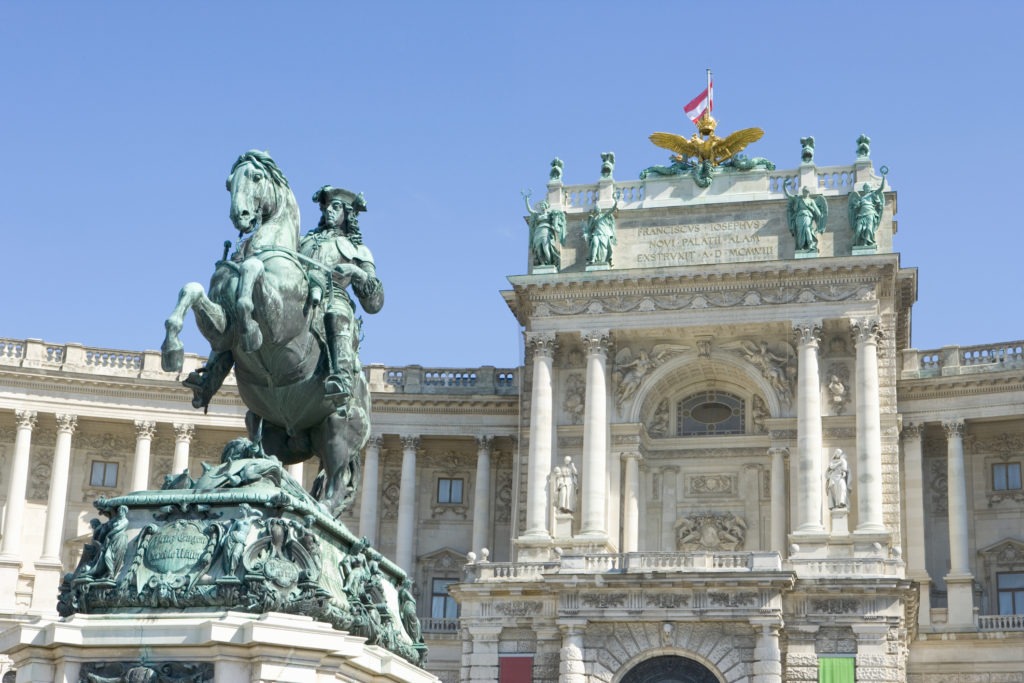Austria increases EV incentives
30 June 2020

30 June 2020
Austria is looking to strengthen the financial incentives for purchasing battery-powered cars and bicycles. Grants for electric charging points are also set to triple from July, all in an effort to fight global warming. Leonore Gewessler, Austria’s minister for climate, energy and transportation announced the news in a press conference yesterday.
Electric car buyers will get €5,000 in support from tomorrow, up from the €3,000 they are currently eligible for. Gewessler told her audience that the increase was the result of a joint effort with the automotive industry, which will contribute €2,000 to the subsidy. The push is part of the country’s ′E-Mobility Offensive 2019+2020,’ and hopes to boost the economy following the coronavirus (COVID-19) pandemic.
′We want to invest in the future on the way out of the corona crisis. This is exactly what we are doing with the e-mobility offensive’, said Gewessler. She added that strengthening subsidies for electric vehicles (EVs) would create regional added value, as well as making an important contribution to climate protection. ′In this way, we are working step by step on the mobility transition.’
Austria’s electric infrastructure
The minister also announced the support for EV infrastructure would triple. She confirmed home-charging stations and intelligent charging cables would now be eligible for a €600 grant. Meanwhile, multioccupancy buildings can claim €1,800.
Gewessler explained that Austria currently has around 5,500 charging points and is hoping to add to these numbers as quickly as possible. By supporting the installation of more infrastructure, the hope is undoubtedly to drive confidence in EVs as a viable alternative to more polluting models running on petrol on diesel. In the wake of COVID-19, efforts to revive the automotive sector are decidedly green.
Nearly 33,000 EVs were registered in Austria by the end of May this year. That made up just 0.7% of the total number of cars according to Statistik Austria. Some two-thirds of the EVs are commercial vehicles.
Greece goes electric
This latest announcement out of Austria follows other European news of increased efforts regarding electrification of the automotive industry.
In Greece, prime minister Kyriakos Mitsotakis revealed a ′National Electricity Transfer Plan‘, which looks to promote electromobility in the country. This plan consists of subsidies for the purchase of electric cars and light commercial vehicles, as well as tax breaks and expansion of the charging infrastructure.
This will include a 15% subsidy for the purchase or lease of electric cars and light commercial vehicles. For electric taxis, the subsidy rate increases to 25%. EVs will also be exempt from parking charges for two years, and expenses for charging them will not be treated as taxable income. The same tax exemption will apply to the costs of installing corporate charging points.
Netherlands new incentives
In the Netherlands, incentives for new and used battery-electric vehicles (BEVs) have been confirmed, following a consultation. From the start of July, private buyers of BEVs can apply for the subsidy from the Netherlands Enterprise Agency (RVO). It also applies retroactively to purchases made after 4 June.
In 2020 and 2021, consumers in the country are entitled to a subsidy of €4,000 for the purchase of a new BEV with a list price of between €12,000 and €45,000 and a minimum range of 120 kilometres. The scheme is set to run until 2025 but as the prices of EVs are expected to decrease, so too will the subsidy.
′It is important that clean driving is accessible to people,’ said State Secretary Stientje Van Veldhoven (infrastructure and water management). ′With this subsidy, I want to give them a helping hand, so that they can choose an electric car. New or second-hand. The more people who drive electric vehicles instead of fossils [fossil-fuel powered cars], the cleaner our air and the less greenhouse gas emissions.’